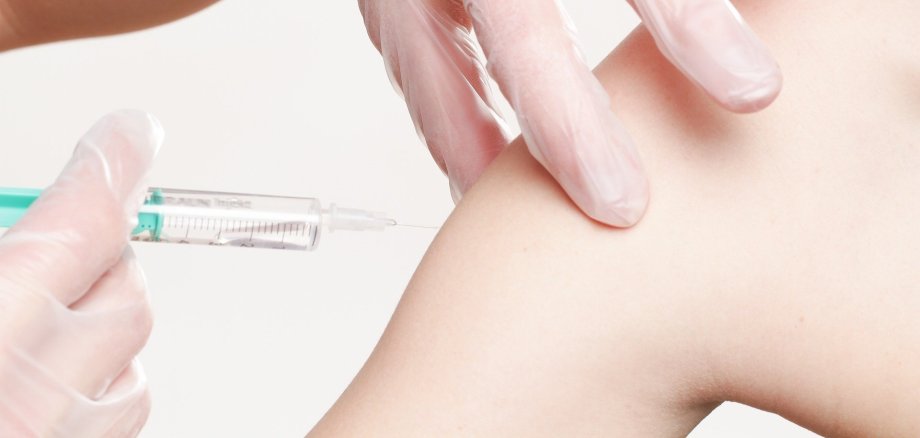District Administrator and First District Councillor call for more flexible vaccinations
So far, about 5 per cent of those entitled have received a vaccination against Corona in Germany. In the Waldeck-Frankenberg district, the rate is 7 percent. This puts the district in a leading position in Hesse. But both District Administrator Dr. Reinhard Kubat and First District Councillor and Head of Health Karl-Friedrich Frese consider the situation unsatisfactory. "We have to increase the pace of vaccination and that can only be done if we are given more freedom and are also allowed to vaccinate people who are not among the top priority groups," say the two department heads. Of course, the available vaccine would be used to the full extent for the group of those entitled to vaccination, but they were definitely prepared and in a position to administer additional allocations to people who were flexibly willing to be vaccinated.
Countries like Israel and Great Britain are much further ahead with immunising the population than other countries, simply because they are more flexible in their strategies. The district administrator and first district councillor certainly see room for a simpler and faster approach to vaccination. This is not least due to the fact that the vaccine of the British-Swedish manufacturer AstraZeneca, which is currently available in larger batches, suffers from an image problem that cannot be justified, which leads to the rejection of the vaccine, which is in itself highly effective and has already proven itself millions of times over, by many people entitled to vaccination.
According to calculations by the German Press Agency (dpa), around 2 million doses could be stockpiled by AstraZeneca nationwide by the end of the week. "We are not concerned with softening or even circumventing the prioritisation list for vaccinations," Kubat and Frese emphasise. "These will continue to be valid and meticulously processed". Nevertheless, there is the phenomenon that vaccine is left over, which is to be used sensibly and quickly in order to make faster progress with the immunisation of the population. The vaccination teams are prepared and motivated and could expand their efforts even further. An app or other medium would be conceivable to announce at a certain time of the day how many doses are still available and through which those willing to be vaccinated could spontaneously register. Both department heads also refer to a statement by the Federal Health Minister
Jens Spahn, who had called for "principle-led pragmatism" in the ARD morning show on Wednesday, 3 March 2021, to ensure unbureaucratic planning and faster implementation of vaccinations. In doing so, the health minister himself has called for a less formalistic approach to his own vaccination strategy, according to the county's leaders. The aim should be to allow free vaccinations. Citizens should be given the opportunity to simply ask at the vaccination centre whether doses are available so that they can be vaccinated right away if necessary.
Both department heads made it clear once again that they were not interested in repealing the valid vaccination ordinance with the prioritisation groups contained therein, but rather in increasing the pace of vaccination through flexible and spontaneous use of any free space that arises. This is the prerequisite for a rapid immunisation of a large part of the population and thus also for an early return to normality in all areas of life.
